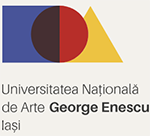The introduction of George Enescu University of Arts of Iasi is as follows:
Introduction and Overview
School size: There are more than 100 teachers, including 19 expert teachers, and 1,276 full-time students.
Majors: There are undergraduate, master's and doctoral programs, covering music performance, music education, religious music, music composition, musicals, conducting and chorus, performing arts, directing, performance, painting, sculpture, photography, fashion, brush art, design, conservation and restoration, history and art theory, etc.
History and establishment time
The school was established on October 1, 1860 by decree of Prince Alexandru Ioan Cuza. It was originally a music and recitation school, and 26 days later, the sculpture and painting school was established. In 1931, the Conservatory of Music and the Academy of Fine Arts became the Academy of Music and Dramatic Arts of Iasi and the Academy of Fine Arts of Iasi, respectively, and soon adopted the name of George Enescu. After World War II, under the communist regime, the two colleges merged into the George Enescu Conservatory. In 1992, the school was renamed the George Enescu Academy of Arts, focusing on visual arts, drama and music. In 1997, it adopted its current name, George Enescu Iasi University of the Arts.
School Strength
Faculty: It has a professional teaching team, including 134 academic staff, including expert teachers with outstanding achievements and rich experience in the field of art, such as Corneliu Baba, who provide high-quality teaching and guidance for students.
Academic achievements: It has achieved fruitful results in artistic creation, performance, research, etc., and has held many art exhibitions, concerts, drama performances and other activities. The works of students and teachers have a certain influence in the art world at home and abroad. It is an important inheritance and innovation base for Romanian art and culture.
International Exchange: It actively carries out international exchanges and cooperation, and has established connections with art colleges and institutions around the world, providing students with broad international exchange and learning opportunities, and promoting artistic exchanges and integration under different cultural backgrounds.
Nature of the institution
It is a public university. Educational philosophy
Committed to protecting, interpreting and promoting Romanian art, cultivating students' love and creativity for art, focusing on cultivating students' professional skills and artistic literacy, enabling students to show their personal talents in the field of art and inherit and develop Romania's artistic traditions through systematic course learning, practical activities and academic research, while encouraging students to conduct interdisciplinary learning and cooperation to adapt to the needs of modern society for compound artistic talents.
Key laboratories and disciplines
Key disciplines: Music performance, composition and theoretical music research, drama, visual arts and design are the school's advantageous disciplines, leading in Romania and well-known internationally.
Key laboratories: No public information has been found on the school's specific key laboratories, but the school has various professional art studios, rehearsal halls, exhibition halls, etc., providing students with good conditions for practice and creation.
Department
There are the School of Music Performance Composition and Theoretical Music Research, the School of Performance, the School of Visual Arts and Design, and the Department of Teacher Education, etc.
Ranking
In the QS World University Subject Rankings, the school was in the 151-200 range in 2018, ranking around 50th in Romania and 5th in Iasi.
Cost
The specific tuition fee standard of the school has not been found yet, but the tuition fees of public universities in Romania are relatively low. Generally, the annual tuition fee for undergraduates is around 1,000-3,000 euros. The tuition fees for masters and doctoral students will increase. The specific fees are subject to the school's official website.
Campus environment
The main campus is located in Iasi, the second largest city in Romania. It is a city full of history and cultural heritage and an important university center. The campus has a unique architectural style, integrating historical buildings and modern facilities. It has modern teaching buildings, libraries, art studios, rehearsal halls, exhibition halls and other teaching and art practice facilities. It is also equipped with student dormitories, canteens, gymnasiums and other living facilities, providing students with good learning and living conditions.
-

Grigore T. Popa University of Medicine and Pharmacy
-
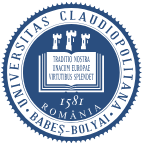
Babes-Bolyai University
-
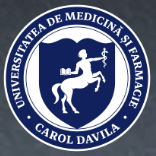
Carol Davila University of Medicine and Pharmacy
-
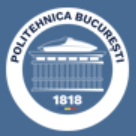
Politehnica University of Bucharest
-
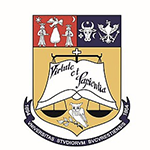
University of Bucharest
-

Technical University of Cluj-Napoca
-
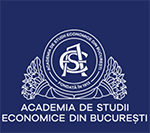
Bucharest Academy of Economic Studies
-

1st December 1918 University of Alba Iulia
-

West University of Timisoara
-
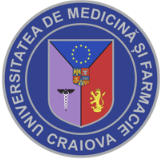
University of Medicine and Pharmacy of Craiova
-

Mesoamerican University
-

Istmo University
-

Mariano Galvez University of Guatemala
-

Regional University of Guatemala
-

Galileo University
-

Francisco Marroquín University
-

Rafael Landívar University
-

University of the Valley of Guatemala
-

University of San Carlos of Guatemala
-

Technological Institute of Tlaxcala Plateau
-

Golfo University
-

Technological University of South Sonora
-

Technological University of Huejotzingo
-

Tizimín Institute of Technology
-

Chilpancingo Institute of Technology

